The Paradoxes of Privilege, Discovery/Security, & Past/Present Selves
I just got back from a 10 week trip around the world. There’s so much to tell and I’m still settling my thoughts about the trip. The obvious first one is the incredible privilege it is to travel around the world. I met so many wonderful people, and couldn’t help thinking about the asymmetry of that they will never get to visit me like I got to visit them. The power of the American passport and the American dollar allows me to do things most people in the world can’t.
SOME CRAZY FISH DISH IN HUE, VIETNAM.
However, I never thought that that made them less happy than Americans. (I visited Vietnam, India, Rwanda, South Africa, Spain, Argentina, and Mexico, so my experience are specifically to who I met, obviously not the entire world). My major takeaway was that people around the world know how to enjoy life more than Americans. Almost everyone I met were at ease with themselves and the world. In contrast, Americans walk around with pinched, concentrated faces. I think Americans work harder, worry more, and are perhaps more dissatisfied with themselves. We may have more, but we enjoy life less. My guess is that we Americans feel more responsible for our lives. We’re told that what happens to us is the result of what our efforts, so what happens to us is the moral result of our effort. That American belief gives us more individual power and opportunity, and also stress and instability. As we talk about in the Financial Freedom course, Americans have a hard time with enough. We always have a desire for more. So what does our privilege give us, really?
Another thing I thought a lot about: prospect-refuge theory. Prospect-refuge theory comes from the world of architecture and is the idea is that humans have a desire for spaces that give us opportunity [prospect] while being safe [refuge]. Innate from our time on the African savannah, our evolutionary survival as hunters depended on being able to see prey while not being seen, or preyed upon, ourselves. So architects attempt to build spaces that are both cozy/enclosed and with wide views. Think penthouses overlooking the city, or beach homes, or bedrooms with large windows. We want the experience of discovery and security at the same time.
It occurred to me on my trip that financial freedom fits within prospect-refuge theory. In the course I talk a lot about FIRE (financial independence, retiring early) in terms of freedom, the ability to own every hour of your time. You get to do what you’re passionate about, with the people you care about, in the amount that you want. You get to live your life creatively. But I don’t think I emphasize the security portion of FIRE enough. Since I “crossed over,” I simply worry about money less. Of course I still have a budget. I don’t spend frivolously. But having financial freedom means I simply feel safer in the world.
I feel privileged to go away for 10 weeks to discover the world with the security of passive income meaning, I was doing in a financially sustainable way (the environmental impact is a different matter with 43,000 miles). In some ways, the trip didn’t “cost” anything: because I was flying on miles and mostly staying with friends, I was spending the same amount I would have in Portland. And as we discussed in the course, not spending all our current income doesn’t mean we don’t spend our money; we’re simply saving it for future consumption (and saving it for freedom and security). For 20 years, I saved half my income, i.e. the 50% profit margin. My theory was for every dollar I would let myself spend now, I would give my future self a dollar (not even counting the miracle of compound interest). On my trip, I kept on thinking of the “gift” my past self gave me in financial freedom; it delayed its spending so that its future self (i.e. me now) would have opportunities to do what it wanted.
In the end, I was grateful to that past self. Hoping your future self will feel the same way about you too. Next Financial Freedom cohort runs July 1-August 31. It's online and you can do it on your own schedule in those two months. If you want to sign up or know someone who would want to take it, here's the link: https://www.pugspdx.com/july-2018-courses/financial-freedom-1.
Good to be home,
Douglas

